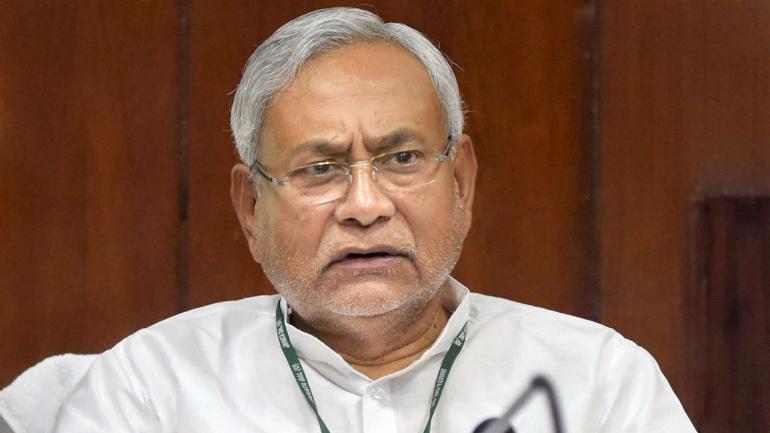As the dust after the 2019 general elections settles all the parties are ready to take on the roles given according to the mandate of the Indian electorate. The ruling NDA stands tall with the total support of 353 MPs in the Lok Sabha. BJP the largest partner in the NDA had by itself managed to reach its highest tally ever in the LS elections with a total of 303 seats.
After the sweeping performance of the BJP, speculations were rife in a section of media that BJP, given its individual strength which is more than the majority mark of 272 might put other smaller alliance partners in the back seat when it comes to the formation of council of ministers. Contrary to these speculations, PM Modi’s council of ministers featured leaders from almost all the alliance partners. Missing in the list of ministers were leaders of the JD(U), BJP’s alliance partner from Bihar. According to media reports JD(U) was offered one cabinet minister rank in the run-up to the formation of the council, however, JD(U) given its expectation of getting more than one seat in the Union Council of Ministers had declined that offer.
“When I was told one seat will be given to JD(U), I had said we don’t need it but I will discuss it with the party leaders. I asked everyone, all of them said it’s not appropriate that we show only symbolic participation when we are together,” said JD(U)chief and Bihar CM, Nitish Kumar.
Despite comments by the JD(U) chief, their alliance with the BJP is surely going through troubled waters. JD(U) jumped from just 2 seats in the 2014 general election to a total of 16 seats this general election, which they fought together with the BJP. Evidently, alliance with the BJP has helped JD(U) to improve its electoral standing by many folds, however, the BJP saw various strong seats being given to the JD(U) as part of alliance agreements.
Given the developments, speculations are rife that Nitish Kumar might take the leap and opt out of the alliance. However looking at the political environment in Bihar, JD(U)’s move might prove detrimental for the party. For the BJP, the scenario of JD(U) taking off from the alliance might only further aid BJP’s electoral hold in the state. Many reasons can be quoted for the same however a few major reasons for which JD(U) leaving the alliance might be beneficial for the BJP are:
Nitish Kumar’s track record
Nitish Kumar has been under the scanner a number of times for jumping from political alliances at convenience. After years of opposition against Narendra Modi being made the prime ministerial candidate, Nitish Kumar had opted out of the NDA and joined hands with the Lalu Yadav-led RJD. After forming the government in the state, Nitish Kumar had again split from the alliance with RJD and came together with the BJP. Given JD(U)’s volatile political commitment it is less likely to get a spot with any other major party in Bihar if push comes to shove and JD(U) has to leave the NDA.
Isolation in Bihar politics
Snubbing the RJD in the middle of the term has surely pushed Nitish Kumar’s JD(U) away from the Congress-RJD group, this coupled with leaving the NDA will surely isolate Nitish Kumar and present a trilateral electoral contest in the state, in which BJP is surely well poised to capitalize.RJD leader Tejaswi Yadav had earlier mentioned that there is no place for JD(U) in any alliance which involves the RJD.
Strong political support for the BJP
If the upcoming assembly elections in Bihar see a three-way contest, BJP will surely stand to be benefitted from the political arithmetic. In the 2015 assembly elections in Bihar JD(U) saw a dip of around 44 seats and a dip of around 5.8% in the vote share as compared to the previous assembly elections. Whereas the BJP saw a jump of around 8 percent in their total vote share. Considering the 2015 assembly elections results it is quite evident that JD(U) is not capable to win elections on its own. Nitish Kumar’s departure from the NDA might provide BJP a golden opportunity for the government on its own in Bihar.
